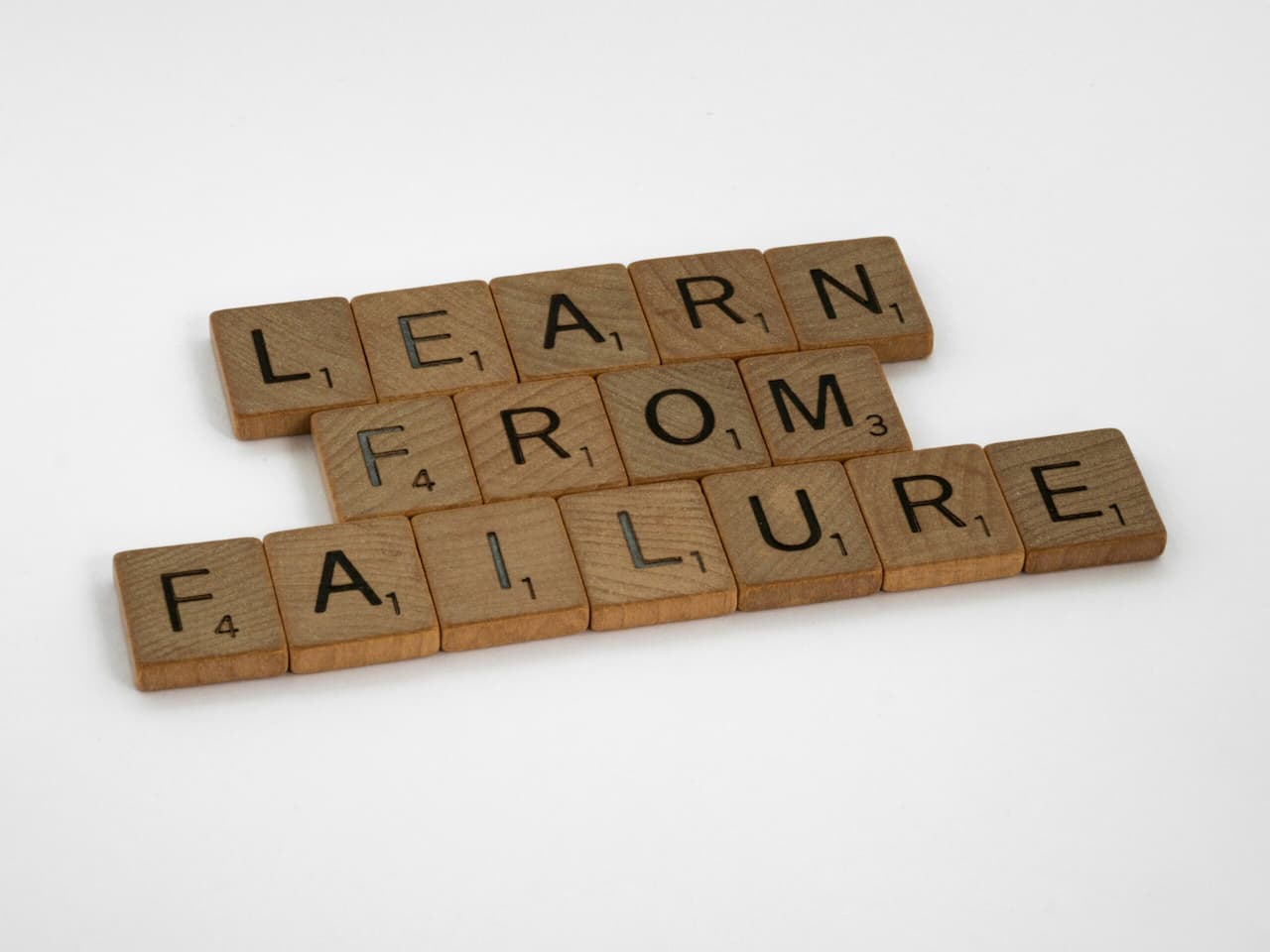
Have You Failed the Mechanical PE Exam? Here’s How to Succeed on Your Next Attempt. Discover essential tips for retaking the PE exam to improve your chances of passing.
Are you determined to earn your professional engineering license but unsure how to adjust your approach after failing the Mechanical PE Exam? Here are three actionable suggestions gathered from working with hundreds of candidates—many of whom succeeded on their sixth try! These tips for retaking the PE exam should help guide you.
1. Recalibrate Your Expectations
One of the most common questions candidates ask themselves (or others, like me) is: “How hard is the Mechanical PE Exam?” The answer depends on factors like:
- Your college background
- How long it’s been since you were a student
- Your ability to focus critically for hours
- Your day-to-day work experience
- The time you dedicate to studying
- Whether you establish consistent study habits
- Access to reliable study resources
- Support and accountability structures
In essence, the difficulty of the exam is less about the test itself and more about how your abilities align with it.
Candidates often estimate difficulty based on their FE Exam experience, anecdotes from colleagues, or the ~70% pass rate. Unfortunately, these methods can lead to superficial preparation. Some also scrutinize NCEES diagnostic reports after failing, hoping to pinpoint weaknesses. When considering tips for retaking the PE exam, it’s crucial to go beyond these general assessments and develop a tailored study plan.
If you fail, the diagnostic report provides a high-level view of your performance. A nearly equal balance of gray and white areas indicates you were close to passing and just need to refine your problem-solving and time management skills. However, if much more white than gray appears, it suggests a significant shortfall across topics, requiring a recalibration of expectations.
Failing often stems from underestimating the challenge. Some candidates embrace the setback, adjust their approach, and move forward. Others struggle with the disappointment, especially if they believed they performed well. This process of recalibrating expectations is more about personal growth than technical skill.
2. Find Enjoyment as You Go Deeper
After resetting expectations, the focus shifts to deep, consistent studying. While studying is challenging, it shouldn’t feel like constant drudgery or despair. Minor frustrations and confusion are natural but should be short-lived as you push the boundaries of your knowledge and improve incrementally.
Encountering tough problems signals progress. If study sessions were too easy, there’d be no growth. On the other hand, if material feels impossible to grasp, it can leave you stuck. The sweet spot lies in tackling problems that are challenging yet solvable—sometimes with external help or trial and error. This balanced approach is one of the essential tips for retaking the PE exam.
This productive struggle creates lasting learning that goes beyond the exam and benefits your career. As you experience breakthroughs, studying can become satisfying. Without challenges, the exam would lack meaning. Deep down, many of us want to overcome difficulties, enrich our skills, and achieve something worthwhile.
Take care of yourself during this journey. Be patient, take breaks, and celebrate small victories. That inner critic telling you to push harder or work longer isn’t helpful. Reframe your mindset to make studying a positive experience, which helps you show up consistently.
3. Use a Study Program You Trust
Failing candidates often skip investing in a study program because they underestimated the exam. They might think, “If it’s easy, why bother?” This mindset ignores key benefits.
Without a structured plan, you waste time figuring out what to study instead of studying. A trusted program removes this guesswork, letting you focus on learning. If the program has a proven track record (and it should), you can trust the process and avoid cherry-picking topics or relying on hearsay.
A good program also provides personalized support to keep you moving if you’re stuck. Accountability from a knowledgeable guide adds extra motivation and alignment with your goals.
The financial investment in a quality program often pays off many times over within the first year of earning your PE license. Programs with pass guarantees further reduce financial risk, making it easier to commit to these tips for retaking the PE exam.
By investing in a reliable study program, you also boost your motivation to maintain a consistent routine, which is essential for success.
Final Thoughts
If you want to pass the PE Exam on your next try, focus on recalibrating your expectations, finding enjoyment in the learning process, and trusting a proven study program. These tips for retaking the PE exam should provide a strong foundation.
If this article was helpful, I’d be honored to support your journey toward professional licensure. To learn more about the process and our programs, contact [email protected].

Thank you Dan.
I must say, above 5 minute read is enough to keep going and push harder.